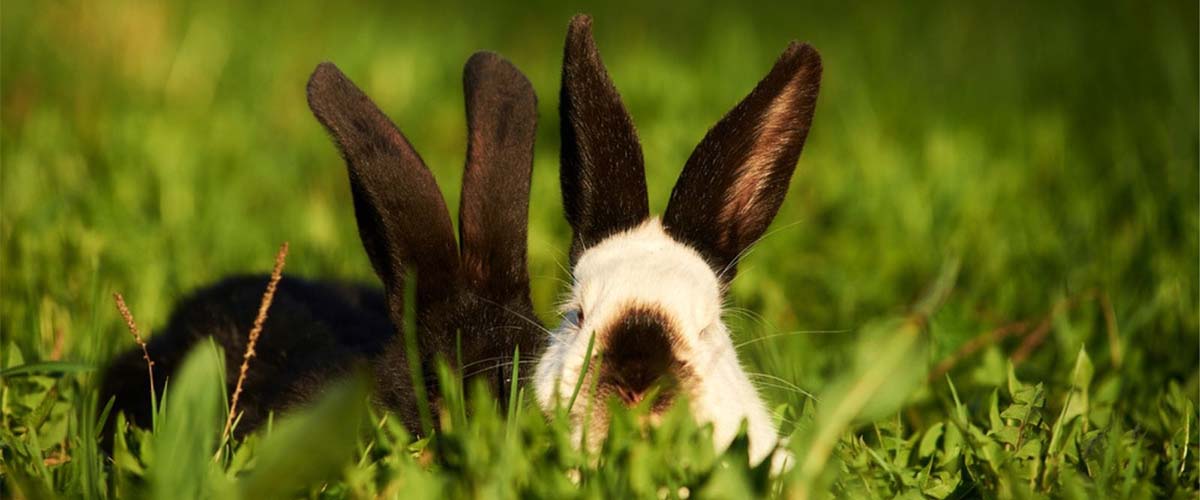Hair loss (alopecia) in rabbits
What is alopecia?
‘Alopecia’ is the scientific word for hair loss. Alopecia can develop in patches or as thinning fur and is a symptom of many different conditions. Some causes of alopecia in rabbits are perfectly natural, but some are not, and require treatment
Common causes of alopecia in rabbits include:
- Stress - Stress is a very common cause of alopecia in rabbits. If your rabbit is stressed, they may start to pull their own fur out.
- Behavioural - Rabbits are sociable animals that should be kept as a pair or group. However, occasionally one rabbit will pull another’s fur as an act of dominance (this is called ‘barbering’). Sexual behaviour such as ‘mounting’ can also cause bald patches.
- Fleas, mites and lice
- Arthritis - Painful conditions such as arthritis can cause a rabbit to overgroom and pull at their own fur.
- Skin infections
- Wounds and scars - Alopecia is common (and sometimes permanent) around infected skin, deep wounds and scars.
- Flystrike - Flystrike is life-threatening condition caused by maggots burrowing under the skin to feed on flesh. An early symptom is alopecia around the backend.
- Dirty bottom - If your rabbit has a wet bottom for more than a few days they are very likely to develop alopecia, urine scald and infected skin.
- Moulting - Moulting and seasonal fur loss is perfectly normal. Rabbits often moult in big tufts but should not go bald.
- Pregnancy - Hormone changes during pregnancy, false pregnancy and when feeding young can cause alopecia. Some rabbits pull their own fur out to nest during pregnancy. This can also happen during a false pregnancy. As long as your rabbit doesn't make themselves bald this is normal behaviour and nothing to worry about.
- Ringworm
- Tumours - Certain cancers of the skin, ovaries and testicles can cause alopecia, however, this is rare.
Published: June 2020
Did you find this page useful?
Tell us more
Please note, our vets and nurses are unable to respond to questions via this form. If you are concerned about your pet’s health, please contact your vet directly.
Thank you for your feedback
Want to hear more about PDSA and get pet care tips from our vet experts?
Sign up to our e-newsletter
Written by vets and vet nurses. This advice is for UK pets only. Illustrations by Samantha Elmhurst.

